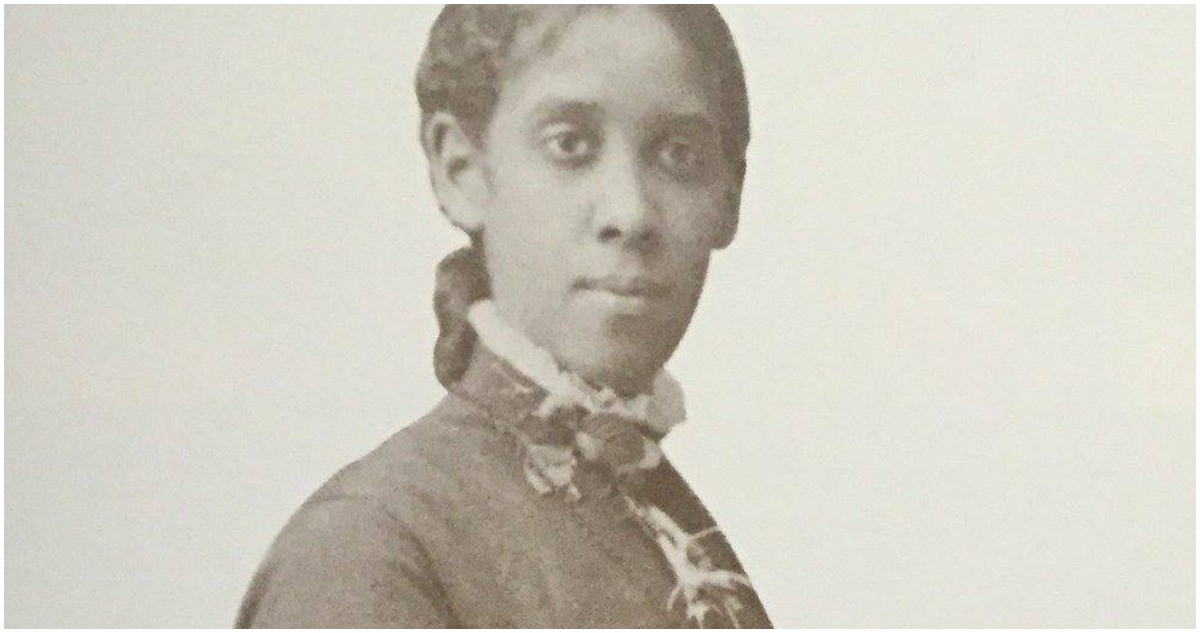Sophia Jones Broke Barriers in Medical Education and Advocacy
Sophia Jones made history in 1885 as the first Black woman to graduate from the University of Michigan’s medical school. Her groundbreaking achievement went beyond personal success—she became a fierce advocate for Black healthcare issues.
After earning her degree, Jones tackled critical concerns like infant mortality, vaccine hesitancy, and healthcare accessibility. Her advocacy shaped national discussions that remain relevant today. She recognized systemic failures and challenged the harmful narratives surrounding Black health disparities.
Dr. Virginia Sheffield from the University of Michigan highlighted Jones’ contributions, stating, “She also pushed back against the narrative at the time that this was a problem with a certain group of people, rather than a systemic problem.”
A Leader in Black Healthcare and Medical Training
Jones’ impact extended beyond her medical practice. She became Spelman College’s first Black faculty member, where she managed the college infirmary and established its nurse training program. Her efforts provided opportunities for Black women in the healthcare field, ensuring the next generation of Black nurses received quality training.
Later, she continued her work at Wilberforce University, a historically Black college in Ohio. She also maintained a private medical practice in Philadelphia, Missouri, and Kansas. Through these roles, she empowered Black communities by increasing access to medical education and care.
“Fifty Years of Public Negro Health” Foretold Today’s Healthcare Challenges
In 1913, Jones authored a groundbreaking publication, Fifty Years of Public Negro Health, shedding light on health disparities affecting Black Americans. Her work emphasized the importance of Black doctors and nurses in reducing mortality rates and improving healthcare outcomes.
She stressed that well-trained Black nurses were “equally active in the reduction of the mortality rate…not only to her own race…but also to the white race.” Her advocacy for immunizations as a public health measure was ahead of its time, mirroring modern discussions on racial disparities in vaccine access, particularly during the COVID-19 pandemic.
Dr. Sheffield noted, “We do still see gaps in outcomes for Black patients and parents and babies in the hospital.” Jones’ insights remain strikingly relevant as healthcare inequities persist today.
Honoring Sophia Jones’ Enduring Legacy
The University of Michigan has commemorated Jones through various initiatives. She and William Henry Fitzbutler, the first Black male medical graduate, are honored through the Fitzbutler-Jones Alumni Society, which supports Black students and faculty in medicine.
Additionally, the university named the Jones Room in the Michigan Union in her honor. Sheffield emphasized the significance of Jones’ legacy, stating, “A good chunk of her career was dedicated towards educating others, establishing programs for training, and taking care of marginalized patients.”
Sophia Jones’ pioneering work in medicine and public health education continues to inspire generations. Her advocacy laid the foundation for progress in Black healthcare, proving that education and systemic change go hand in hand.





